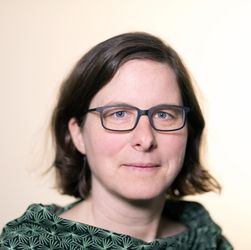Geothermal energy for the heating transition: Supervision of the rollout of medium-depth geothermal energy in Germany (Warm-Up)
As a renewable energy source, geothermal energy can increasingly replace fossil fuels and thus contribute to climate protection and create added value locally. Despite great potential, the share of heat from deep geothermal energy is still very low. The German government's goal is to significantly increase this share over the next few years. A central obstacle to the nationwide roll-out of deep geothermal energy for municipal or commercial heat supply is the unfavorable ratio of high initial investments to later moderate operating costs. This is because a geoscientifically sound database is essential for the planning and successful implementation of a geothermal project. Other important obstacles for the implementation of projects are the discovery risk, the financing of projects and the acceptance of network operators, municipalities as well as the local population.
The central objective of the project is to support the roll-out of medium-depth, hydrothermal geothermal energy in the field of heat utilization. The sub-project of the IÖW aims in particular at identifying socio-economic barriers and success factors in order to derive recommendations for the local design of an economic integration of medium-depth geothermal energy under acceptance of the local stakeholders. The results will be used for the further development of evaluation criteria for exploration campaigns. In addition, the IÖW conducts calculations of the economic viability of selected heat supply concepts and the regional economic effects of the expansion of geothermal heat utilization. Based on this, recommendations will be developed especially for municipal actors as to which concepts are suitable.
IÖW Project Team
- Tidian Baerens
- Janis Bergmann
- Dr. Elisa Dunkelberg
- Simon Richter



